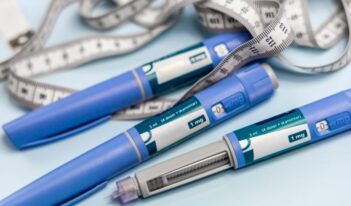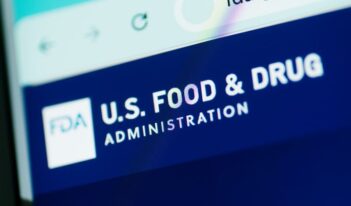
Agency will continue to monitor the results of toxicity studies.
The Food and Drug Administration (FDA) will not ban the use of bisphenol A (BPA) in food packaging due to insufficient evidence that it poses a risk to human health.
The FDA recently rejected a citizen petition filed by the Natural Resources Defense Council (NRDC) which alleged that BPA causes severe neurobehavioral and reproductive defects in humans. The petition asserts that Americans are widely exposed to BPA, which is a chemical used to make some hard plastic bottles as well as the lining inside metal food cans. The petition cites a number of studies to support its claim that BPA can cause prostate, testicular and mammary defects, diabetes, and brain and behavioral changes.
In responding to the NRDC petition, the FDA agreed that most Americans are exposed to BPA through their food, but the agency cited new research suggesting infant exposure levels are much lower than previous estimates. Moreover, because orally-consumed BPA is rapidly metabolized to an inactive form and excreted, the current data available does not indicate that the human body is exposed to enough BPA to cause health problems.
The FDA response contained an analysis of the studies cited in the NRDC’s petition and concluded that many had severe flaws or could not be applied to determine the safety of human consumption of BPA. It also cited studies which the FDA considered better-designed and that fail to indicate that low doses of BPA have adverse health effects.
However, the FDA’s response emphasized that the risks of BPA will continue to be evaluated as the results of more studies become available. The FDA indicated its willingness to take regulatory action in the future if it were to determine that BPA exposure poses health risks.
Although several environmental groups criticized the FDA’s decision, the Nature news blog reported that responses from the research community have been more muted. Most scientists interviewed for the Nature story acknowledged that more research was necessary before firm conclusions could be made about the safety of BPA.



